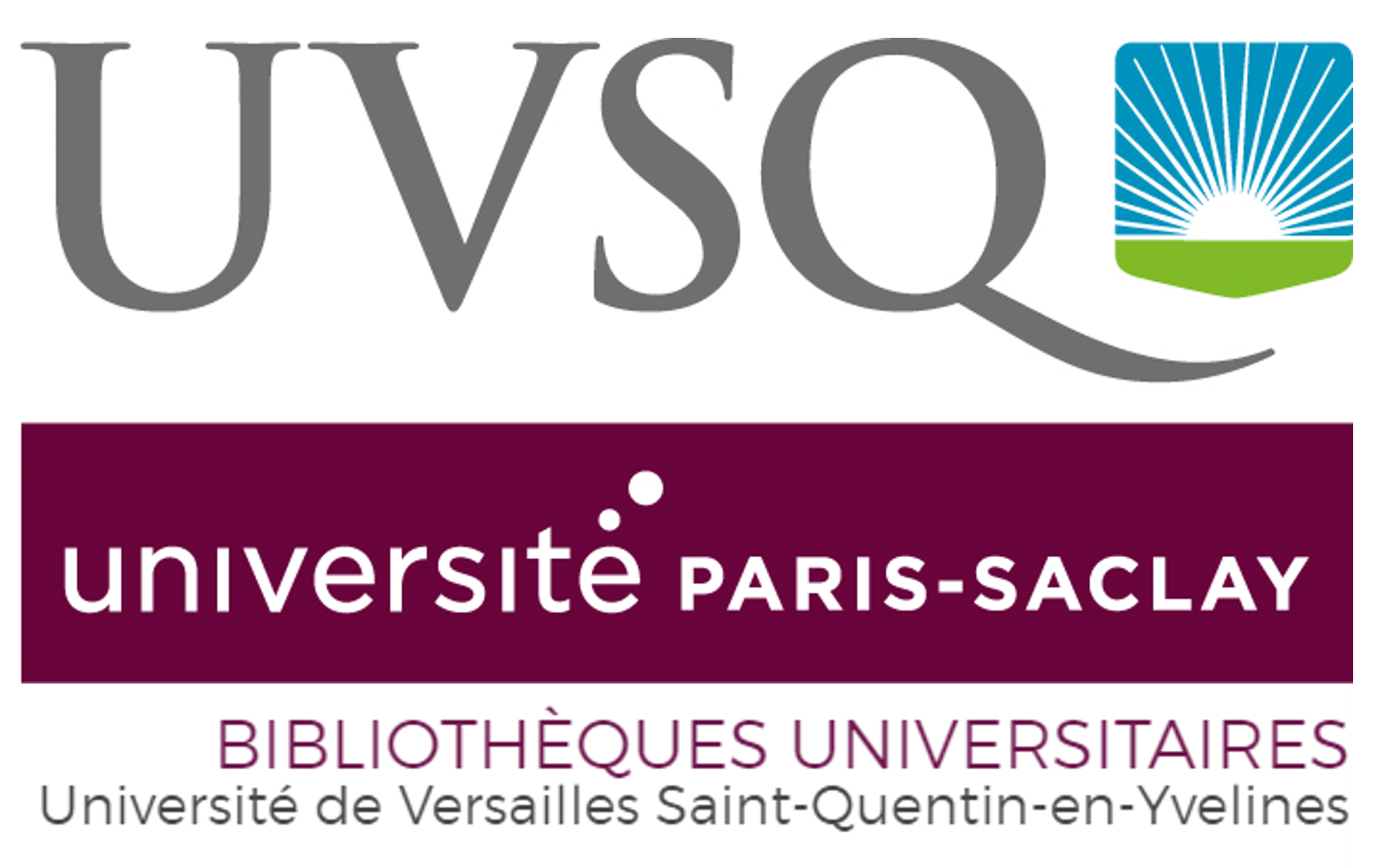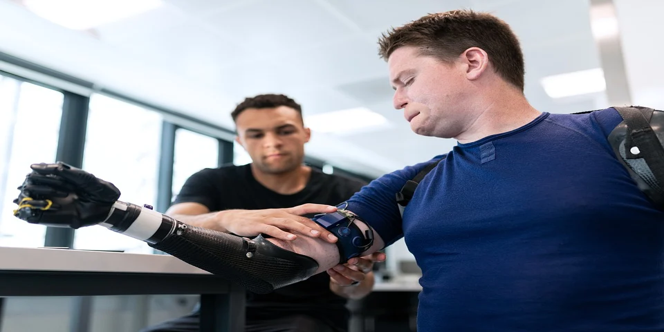Feasibility of a serious game system including a tangible object for post stroke upper limb rehabilitation: a pilot randomized clinical study
Résumé
Introduction Serious games can be used to provide intensive rehabilitation through attractive exercises as part of post-stroke rehabilitation. However, currently available commercial and serious games systems primarily train shoulder and elbow movements. These games lack the grasping and displacement components that are essential to improve upper limb function. For this reason, we developed a tabletop device that encompassed a serious game with a tangible object to rehabilitate combined reaching and displacement movements: the Ergotact system. Objectives The aim of this pilot study was to assess the feasibility and the short-term effects of a training program using the Ergotact prototype in individuals with chronic stroke. Methods Participants were assigned to one of two groups: a serious game training group (Ergotact) or a control training group (Self). Results Twenty-eight individuals were included. Upper limb function increased after the Ergotact training program, although not statistically significantly, and the program did not induce pain or fatigue, demonstrating its safety. Conclusion The Ergotact system for upper limb rehabilitation was well accepted and induced participant satisfaction. It complies with current recommendations for people with stroke to autonomously perform intensive active exercises in a fun context, in addition to conventional rehabilitation sessions with therapists. Clinical trial registration https://clinicaltrials.gov/ct2/show/NCT03166020?term=NCT03166020&draw=2&rank=1 , identifier NCT03166020.
| Origine | Fichiers produits par l'(les) auteur(s) |
|---|---|
| licence |



